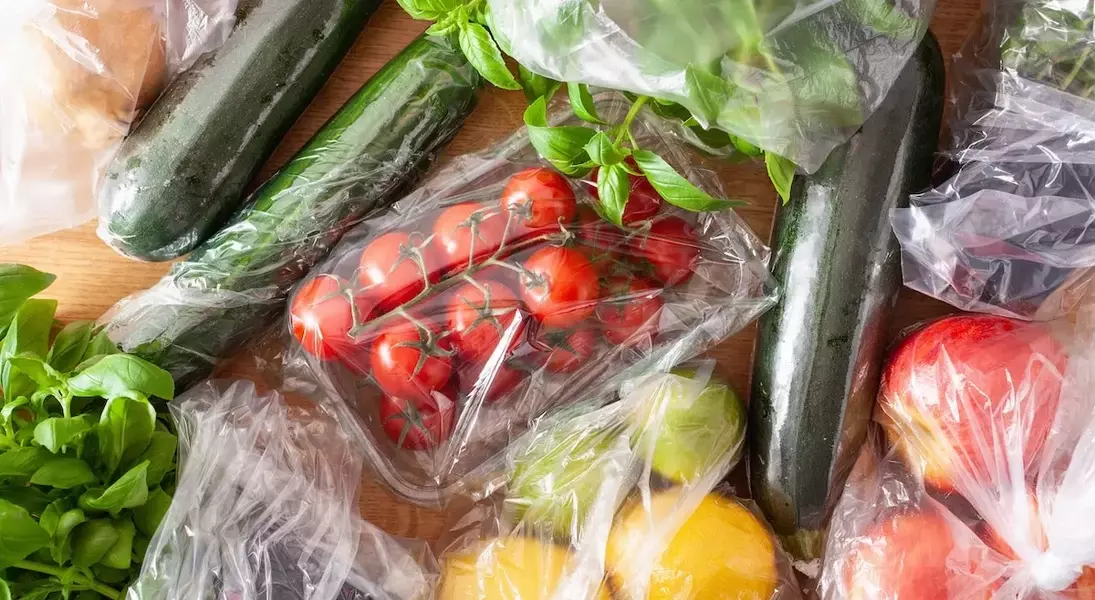The Australian Competition and Consumer Commission (ACCC) is considering granting extended authorization to Coles Group, Woolworths Group, and ALDI Stores for their collaborative efforts in recycling soft plastics. This initiative aims to rejuvenate the pilot in-store collection program until July 2026, following the collapse of REDcycle. The ACCC seeks public feedback on this proposed extension, emphasizing the urgent need to address the backlog of unprocessed soft plastics.
Driving Change: Transforming Soft Plastic Waste Management with Urgency and Innovation
Navigating Post-REDcycle Challenges
In the wake of REDcycle's demise, the retail giants have taken significant strides to mitigate the environmental impact of stockpiled soft plastics. Despite some progress, a substantial portion of these materials remains unprocessed, raising concerns about the efficiency of current processing capabilities. The ACCC has acknowledged that while there has been limited success in reducing stockpiles, the rate of progress is constrained by the available capacity of soft plastic processors. However, optimism prevails as new processors are set to come online in 2025, promising an enhanced ability to manage and recycle these materials more effectively.The ACCC's deputy chair, Mick Keogh, has expressed concern over the slow pace of processing, particularly given the almost two-year delay since REDcycle's collapse. Recognizing the urgency, the ACCC proposes to extend authorisation to ensure continuous joint management of the stockpile without further delays. This move underscores the commission's commitment to fostering sustainable practices within the retail sector, even as it acknowledges the challenges posed by limited processing infrastructure.Piloting Sustainable Solutions Across Australia
The in-store collection pilot program, initially launched in Victoria and New South Wales, has shown promising results and is poised for expansion. While recognizing the necessity to align expansion with available processing capacity, the ACCC expects supermarkets to demonstrate urgency in broadening these operations. The pilot program's success hinges on its ability to adapt and grow, reflecting a broader shift towards sustainable waste management practices across the country.Retailers like Coles, Woolworths, and ALDI have already made significant investments in expanding the pilot program, demonstrating their commitment to environmental stewardship. The ACCC's support through extended authorisation will facilitate further growth, ensuring that more regions benefit from improved soft plastic recycling facilities. This initiative not only addresses immediate environmental concerns but also sets a precedent for future collaborations aimed at reducing waste and promoting sustainability.Ensuring Transparency and Accountability
To maintain transparency and accountability, the ACCC has mandated reporting conditions similar to those imposed under previous authorisations. Major supermarkets must submit quarterly progress reports and minutes from each meeting of the Soft Plastics Taskforce. These measures ensure that all stakeholders remain informed about the ongoing efforts and can provide feedback to enhance the effectiveness of the program.The ACCC has also stipulated that all arrangements must cease immediately upon the expiration or revocation of authorisation. This condition reinforces the importance of adhering to agreed-upon timelines and ensures that the collaboration remains focused on achieving its objectives without undue delays. By implementing stringent reporting requirements, the ACCC aims to foster trust and cooperation among retailers, processors, and regulatory bodies, ultimately driving meaningful change in waste management practices.Forging Ahead with Innovation and Collaboration
As the retail sector continues to evolve, the collaboration between Coles, Woolworths, and ALDI represents a pivotal moment in addressing the environmental challenges posed by soft plastics. By extending authorisation, the ACCC is facilitating a platform for innovation and collaboration, enabling these retailers to explore new technologies and strategies for efficient waste management. This partnership not only benefits the environment but also sets a benchmark for other industries to follow. The ACCC's proactive approach in supporting this initiative highlights the importance of collective action in tackling global waste issues. As more processors come online and the pilot program expands, the potential for transformative change in how we manage soft plastics becomes increasingly viable. Through sustained effort and strategic partnerships, the retail industry can lead the way in creating a more sustainable future.
